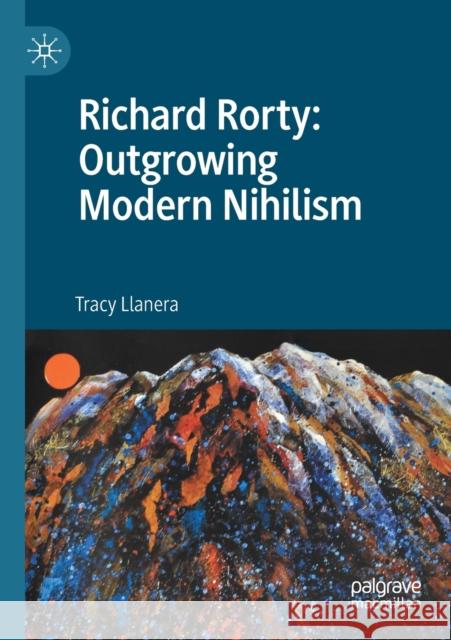Richard Rorty: Outgrowing Modern Nihilism » książka
topmenu
Richard Rorty: Outgrowing Modern Nihilism
ISBN-13: 9783030450601 / Angielski / Miękka / 2021 / 167 str.
Richard Rorty: Outgrowing Modern Nihilism
ISBN-13: 9783030450601 / Angielski / Miękka / 2021 / 167 str.
cena 342,14
(netto: 325,85 VAT: 5%)
Najniższa cena z 30 dni: 327,68
(netto: 325,85 VAT: 5%)
Najniższa cena z 30 dni: 327,68
Termin realizacji zamówienia:
ok. 22 dni roboczych.
ok. 22 dni roboczych.
Darmowa dostawa!
Kategorie BISAC:
Wydawca:
Palgrave MacMillan
Język:
Angielski
ISBN-13:
9783030450601
Rok wydania:
2021
Wydanie:
2020
Ilość stron:
167
Waga:
0.22 kg
Wymiary:
21.01 x 14.81 x 0.97
Oprawa:
Miękka
Wolumenów:
01
Dodatkowe informacje:
Wydanie ilustrowane











